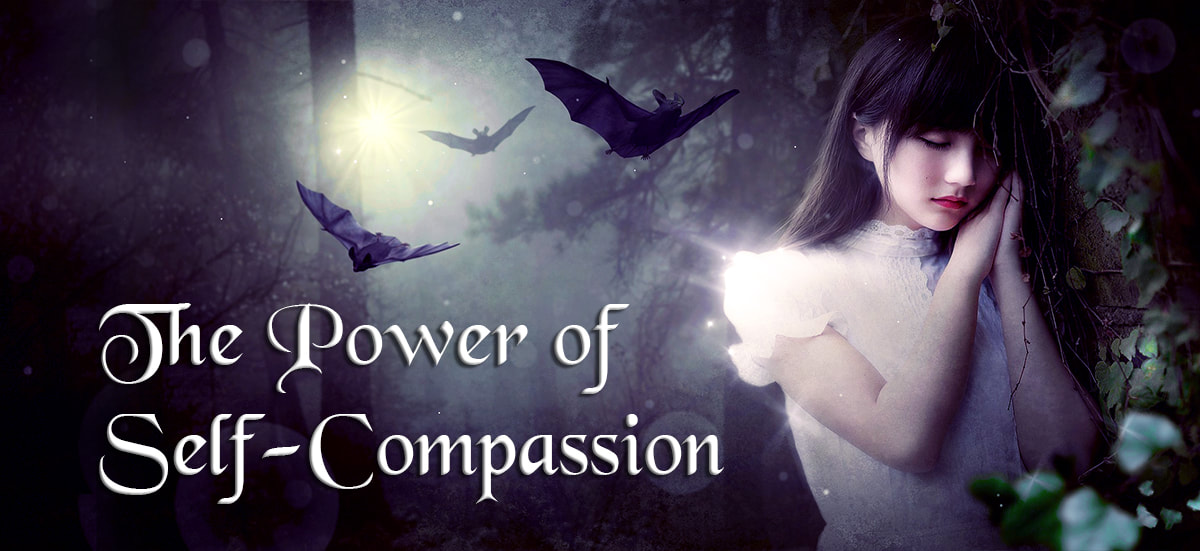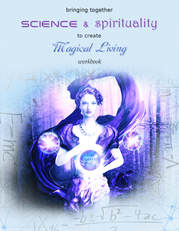|
How do you feel about yourself when you see others who may be smarter, better looking, and more successful, enjoy their seemingly fun and carefree lives? And know that no matter how hard you try and whatever you achieve, someone will always be doing it better? It is so easy to feel “not good enough” or even unworthy in our overly competitive society. While it is natural to wish to feel special, or at least above average, is it realistic for everyone to be above average?
In our connected world, we no longer merely compare ourselves to our siblings and peers, but also to the strangers, whose beautiful faces look back at us from the pages of the glamour magazines, TV and social media, challenging our self-worth. When we realize that we can never have that face or that body, or that amount of money, or that lifestyle, we try to relieve our sense of failure, often with unhealthy behaviors. In fact, millions of people take drugs on a daily basis just to cope with the feelings of frustration and discontent. We beat ourselves up for our flaws and try to diminish others’ good attributes to increase our sense of self-worth. But these temporary emotional “fixes” over time cost us our peace, our ability to express ourselves authentically, and our relationships with others. Although the times when our sense of worthiness is challenged can certainly serve as a catalyst for positive change and personal development, in our culture we grew to believe that we need to be hard on ourselves for that to happen. The truth is that continuous self-criticism drains our energy and blocks our creativity and optimism. As a result, it makes us less capable of overcoming life’s difficulties and robs us of the opportunities to grow into who we really are. Moreover, the more we see ourselves in this light, the more we will act as this incapable, unworthy person, and the more the results we produce will reinforce this unfavorable self-image. Is there a better solution for this human affliction? Self-compassion is the practice of being kind to ourselves. It is founded on the understanding that suffering is a natural part of human experience. We all go through hardships in our lives, at some point or another, for one reason or another. Self-compassion is not the same as self-pity. Whereas self-pity feeds our sense of failure and victimization, self-compassion, on the other hand, helps us find strength in our shared humanness. Maxwell Maltz, a successful plastic surgeon and a great expert on the human psyche, in his book Psycho-Cybernetics writes that at least 95 percent of people have some sense of inferiority, which is not based on facts. We all excel at some things and not at others. This is only natural. The belief in our unworthiness, hence, is coming from our habit of judging our worth by measuring ourselves not against our own “norm,” but against others’ “norm,” and always finding ourselves not to be good enough. This erroneous idea makes us feel insecure and unworthy to freely express our own nature and create the kind of life we desire. Many try to overcome their inferiority complex and feel good about themselves by trying to become superior to others. But this striving often causes them more suffering and frustration and can even lead to neurosis. The truth is that we are neither superior nor inferior to anyone. Each one of us is a unique individual, and we are all special in our own ways. Kristin Neff, a psychology professor and author, shares some of the findings from her research on self-esteem in her book, Self-Compassion: The Proven Power of Being Kind to Yourself. She writes that although we are all well aware of the importance of having high self-esteem, the field of psychology is coming to realize that self-esteem is not the “ultimate marker of positive mental health.” They discovered that people when trying to keep a sense of high self-esteem often fall into the traps of narcissism, self-righteous anger, prejudice, discrimination, etc. The author suggests that self-compassion is a perfect alternative to self-esteem. It provides the same protection against self-criticism, without us having to be better than others or measure up to some ideal. It is undoubtedly true that there are times when our extreme frustration with our certain "weakness" can force us to take decisive steps in changing our behavior and our circumstances. Be it finally deciding to change our diet and lose those extra pounds because we are disgusted with what we see in the mirror; leaving a relationship that isn’t healthy for us, which we were too afraid to leave; or, unsatisfied with our occupation, decide to go back to school and study what we’re really passionate about, even if we think we’re too old for that. Yes, unfortunately, many people need to reach the point of utter desperation or even self-hatred in order to make a change. And, although, the harsh self-criticism sometimes leads to a significant transformation, this approach is hardly sustainable and comes at a high price of lost peace of mind, constant sense of discontent, and the fear of failure. What if we make a decision to be kind to ourselves by remembering the universality of human suffering? We can save all that time and energy we would have spent on judging ourselves and ruminating about our failures, which over time can lead to depression and anxiety, and instead invest it in self-development? What if we can choose to come back to our center and connect with our deeper Truth? And then, decide to meet our every experience of failure or unworthiness with an open heart and deep compassion and use it as an opportunity not to compete with others but to evolve and express the gift of our uniqueness. Then, our critic can become our friend and mentor, and every difficulty – a stepping stone to a deeper awareness and more authentic and fulfilling experiences. We are not here to be better than others; we are here to be all we can be. By practicing self-compassion, we can release resentment and jealousy toward others, transform self-judgment into inner guidance, and free our mind from incessant ruminations. Self-compassion is not an excuse to be lazy or selfish, but it is giving ourselves permission to tend to our deeper needs and heal so we can participate in life more fully and grow to our highest potential. References: Maxwell Maltz. Psycho-Cybernetics Kristin Neff, Ph.D. Self-Compassion: The Proven Power of Being Kind to Yourself
2 Comments
|
Diana Vehuni, Ph.D., is a certified spiritual and holistic life coach, mindfulness meditation teacher, and an artist. She brings together perennial mystical wisdom and cutting-edge scientific knowledge to facilitate profound transformation in her students and clients. Archives
December 2023
Categories |
|
|

 RSS Feed
RSS Feed
